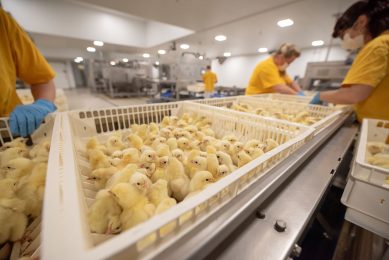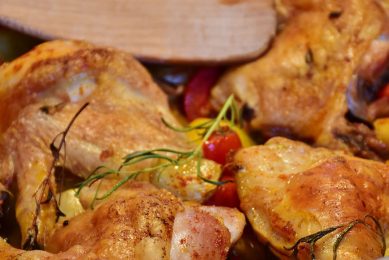New Zealand reverses ban on kosher chicken killing
The New Zealand government has decided to exempt the practice of kosher killing from a decision in May that all commercially slaughtered chickens must be stunned before being killed.
The decision followed months of negotiations between Crown Law and New Zealand’s Jewish community over the issue and agreement was reached to allow about 1000 chickens to be killed each year using shechita – the kosher practise which involves severing the neck of the animal, and allowing the blood to drain.
Royal New Zealand SPCA chief executive Robyn Kippenberger said she was disappointed the government had reversed their position, saying the original stance was the right one.
Shechita
Spokesperson for the Auckland Hebrew Congregation and the Wellington Jewish Community Centre David Zwartz told Radio New Zealand shechita was a humane way of killing animals.
Zwartz disagreed the method was inhumane, saying rather shechita “causes the least distress to the animals”. He pointed to research undertaken by Dr Temple Grandin, a professor at Colorado State University, who said “when the cut is done correctly, the animal appears not to feel it”.
“I’m afraid that most of the reasons [put forward] by animal welfare people are based on emotion and not on the fact that it causes the least pain on animals or the niceties of Jewish kosher killing. I can understand people have concerns for animals but so does shechita.”
5,000 chickens
The decision means around 5,000 chickens will be slaughtered each year using the traditional Jewish method. While the Islamic practice of halal killing in New Zealand allows pre-stunning prior to slaughter, Zwartz said there would not be such a compromise with shechita.
“Pre-stunning is not acceptable in shechita, because it causes the animal to be injured in the religious sense – that is not acceptable. The animal has to be uninjured and unharmed”.
He believed many people did not understand the nature of Jewish kosher killing, which he said took into account the welfare of the animal.













